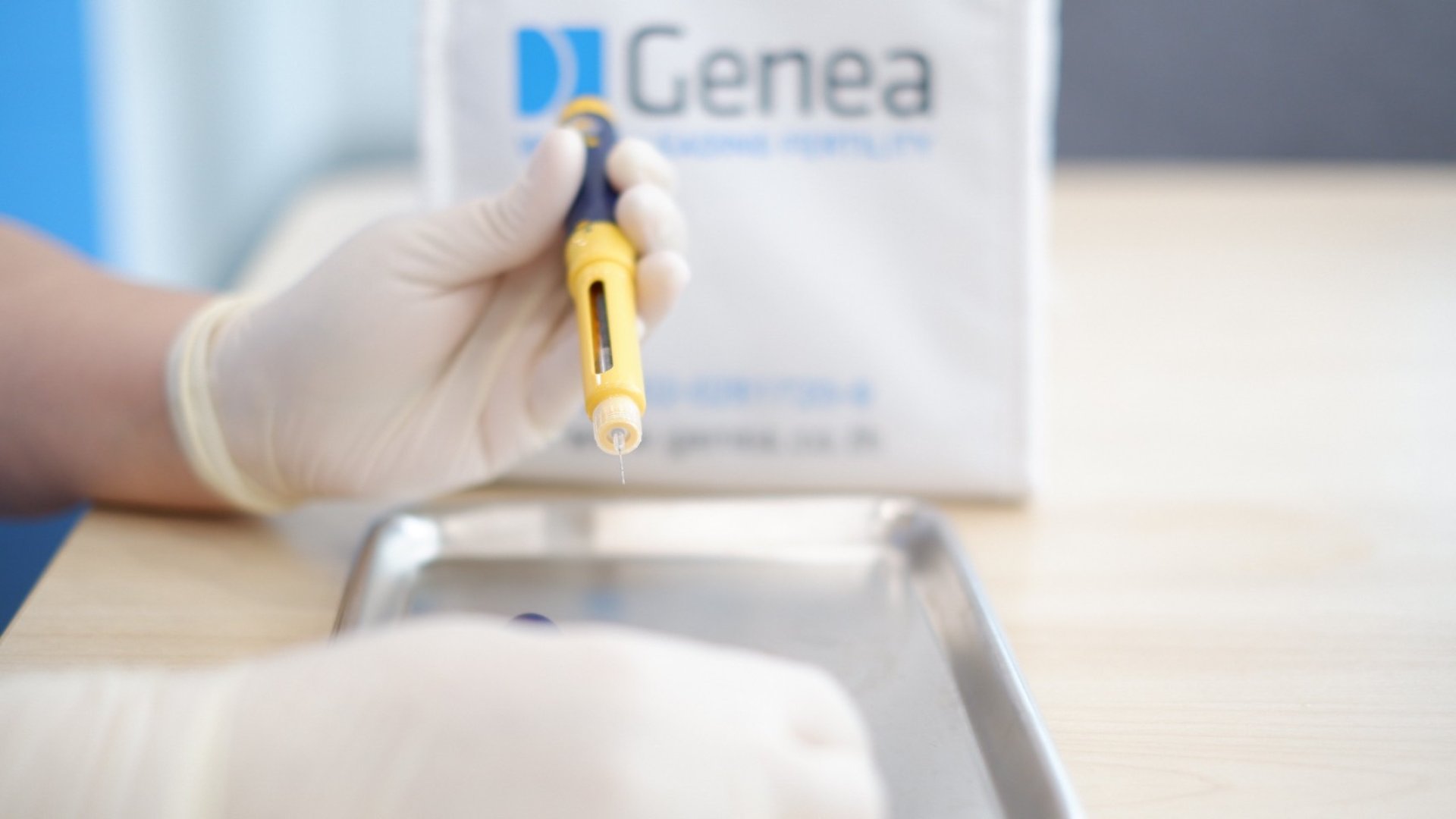The Significance of IVF: Exploring the Basics of In Vitro Fertilization

At Genea, we know many of our clients have done their homework on IVF (In Vitro Fertilization). But what makes us unique is our focus on advanced techniques like ICSI (Intracytoplasmic Sperm Injection), which can help increase the chances of success even more. If youre curious about how ICSI is different and why it might be a better choice for some, lets walk through it together.
IVF vs. ICSI: Whats the Difference?
Most people know that IVF is a process where eggs are retrieved and fertilized with sperm in a lab. Once an embryo forms, its placed back in the uterus in the hope of achieving pregnancy.
But some clients face challenges like getting older, having fewer eggs, or dealing with sperm thats not as strong. In these cases, regular IVF might not give the best results. Thats where ICSI can help. With ICSI, instead of letting sperm find the egg on its own, a single sperm is directly injected into each egg, giving it a boost and improving the chances of fertilization, especially when there are specific hurdles.
How Does the ICSI Process Work?
ICSI shares a lot of steps with IVF, but it takes a more precise approach during fertilization. Heres a breakdown of the four main stages:
1. Sperm Selection: Our lab carefully prepares the sperm sample, choosing the healthiest and most active sperm. Think of it as picking the best players for a teamonly the strongest ones make it through.
2. Egg Preparation: The eggs are prepared by gently removing their outer layer to assess maturity. This makes fertilization easier, giving each egg the best chance.
3. Injection: Using a special microscope and a very fine needle, a single healthy sperm is injected directly into each egg. Imagine it like placing the right key into a lockthis direct approach helps overcome certain challenges and gives fertilization the best possible shot.
4. Development and Monitoring: The injected eggs are monitored overnight in an incubator. The next day, our embryologists check for signs of successful fertilization. Geneas advanced technology, like our time-lapse incubators, allows us to watch the embryos grow without any interruptions, so we can choose the healthiest ones for transfer. Afterward, the best embryos are transferred to the uterus, and a pregnancy test is done two weeks later to check for success.
What Makes ICSI Successful?
The success of ICSI depends on a mix of factors. Some are within reach through lifestyle choiceslike staying healthy, managing stress, and timing treatment earlywhile others come from the advanced care and technology that Genea provides.

Geneas Advanced Care and Technology
At Genea, our technology and specialized care make a real difference in boosting the chances of a successful pregnancy with ICSI.
- Laboratory Techniques and Equipment: Genea uses the Geri® time-lapse incubator, developed in-house by the engineers at Genea Biomedx, which keeps a close eye on embryos without disturbing them. This approach has been shown to increase live birth success rates by up to 12.2% and high grade embryos by 46%, helping us select the healthiest embryos.
- Embryo Quality and Genetic Screening: To give clients the best shot, we offer Preimplantation Genetic Testing (PGT), which checks embryos for genetic issues. This lets us choose embryos with the highest potential for a healthy pregnancy.
Supporting Your Fertility Journey
Genea consistently achieves high success rates with ICSI, especially for clients facing unique challenges. If youre over 35 and have been trying naturally for more than 6 months, or under 35 and have been trying for over a year without success, reaching out to one of our specialists could be a great next step. Were here to explore options with you and provide support on your journey to parenthood.


